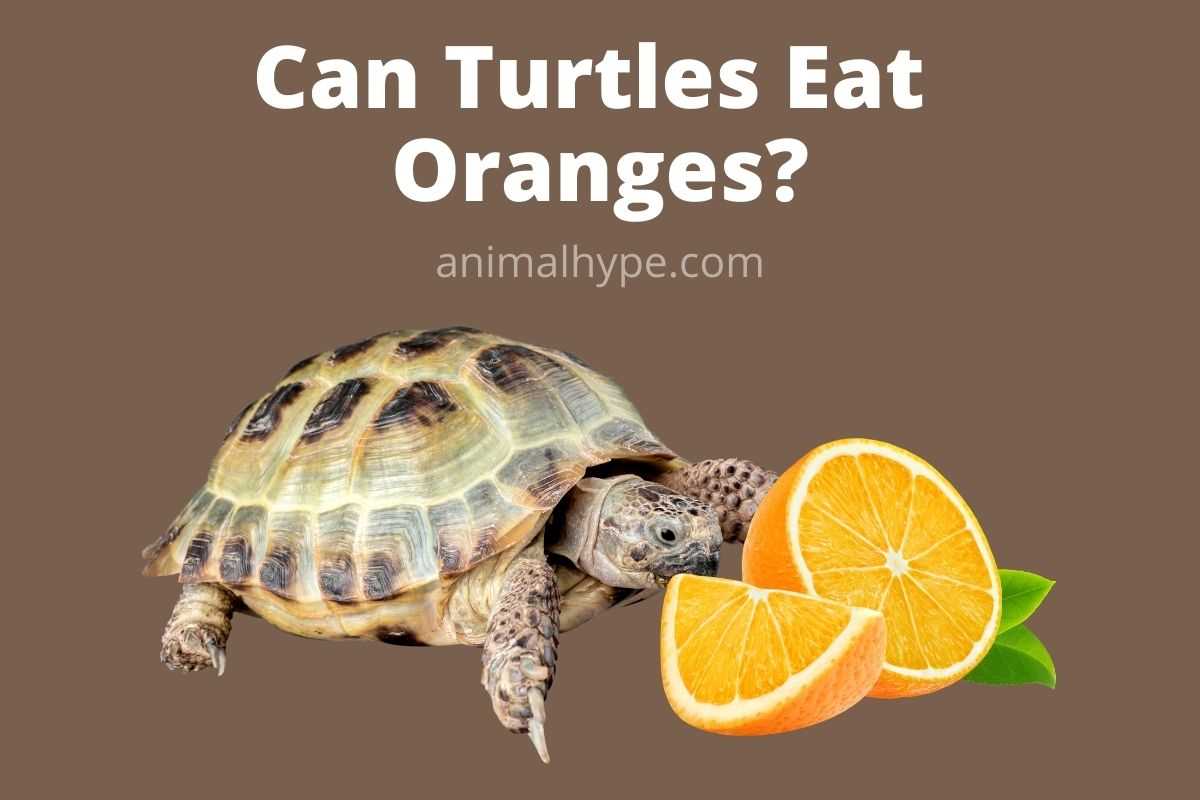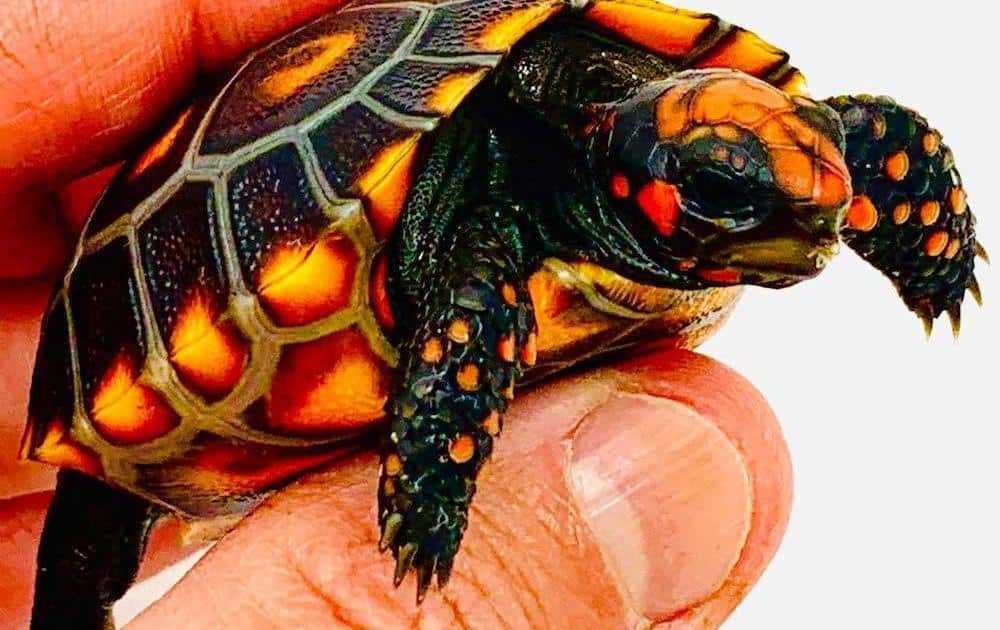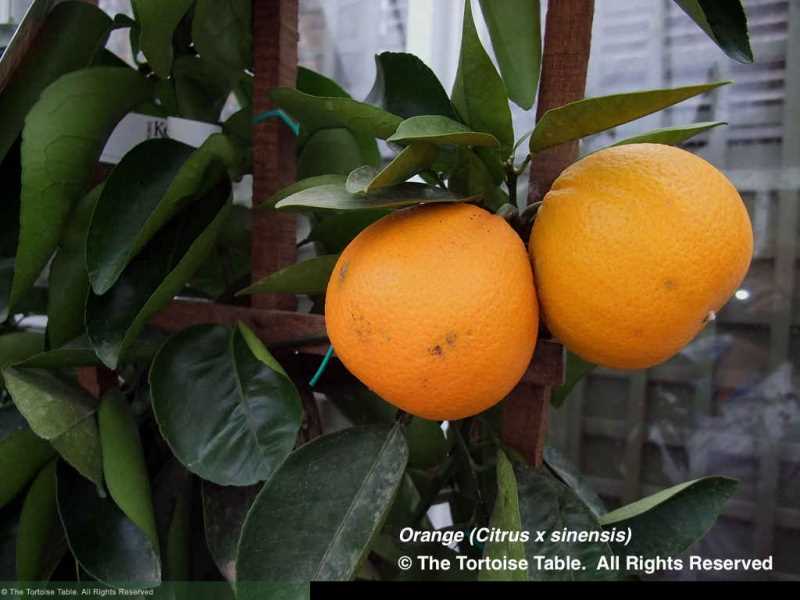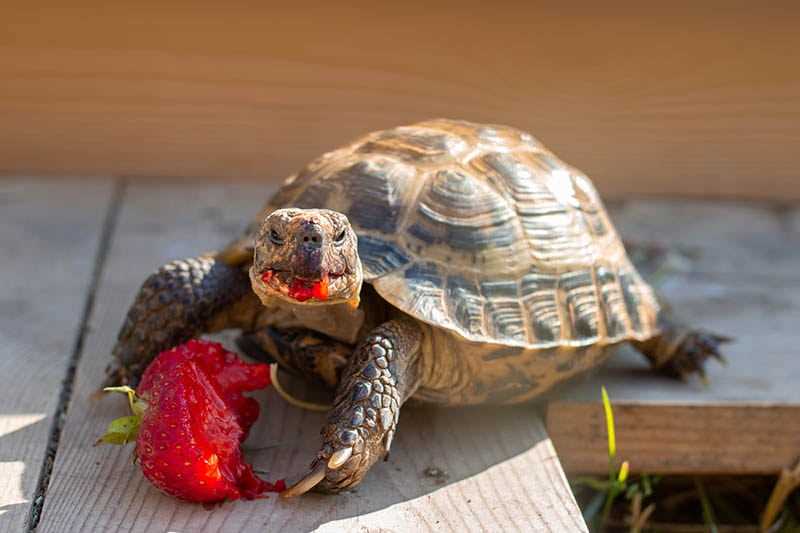
It is recommended to offer oranges as an occasional treat rather than a staple part of your tortoise’s diet. You can peel the orange and cut it into small, bite-sized pieces to make it easier for your tortoise to eat. Remember to always wash the orange thoroughly before feeding it to your pet to remove any pesticides or chemicals that may be present on the skin.
Overview of Tortoises’ Diet
Tortoises are herbivorous creatures and have specific dietary needs to ensure their overall health and well-being. Their diet primarily consists of various vegetables, fruits, and leafy greens. Offering a balanced and diverse diet is crucial to provide them with essential nutrients and prevent any nutritional deficiencies or health issues.
What Do Tortoises Eat?
Tortoises mainly consume leafy greens such as kale, collard greens, and dandelion greens. These greens are excellent sources of vitamins A and C and provide essential hydration. Dark, leafy greens are essential components of a tortoise’s diet and should be offered daily.
Additionally, tortoises also enjoy various vegetables like carrots, bell peppers, and zucchini. These vegetables provide additional nutrients and add variety to their diet.
Considerations for Tortoises’ Diet
When planning a tortoise’s diet, it is crucial to consider their species, age, and overall health. Different species have specific dietary requirements, and certain foods may not be suitable for all tortoises. Additionally, young tortoises may have different dietary needs than adult tortoises.
It is also essential to provide a variety of foods to ensure that the tortoise receives all the necessary nutrients. A diverse diet helps prevent nutritional imbalances and ensures optimal health.
Feeding Schedule
Feeding times and schedules may vary depending on the tortoise’s age and species. In general, tortoises should have access to fresh food at all times. However, some tortoise owners prefer to feed their pets once or twice a day to monitor their intake and control portion sizes.
Conclusion
Tortoises have specific dietary needs that must be met to ensure their health and well-being. Offering a varied and balanced diet that includes leafy greens, vegetables, and occasional fruits is essential. Careful consideration should be given to the tortoise’s species, age, and overall health to meet their specific dietary requirements. By providing a proper diet, tortoise owners can promote optimal health and longevity for their beloved pets.
Benefits of Oranges for Tortoises
Nutritional Value of Oranges
Oranges are rich in vitamin C, which is essential for the overall health and immune function of tortoises. Vitamin C helps in the production of collagen, which is important for the growth and repair of tissues. It also acts as an antioxidant, protecting the tortoise’s cells from damage caused by free radicals.
In addition to vitamin C, oranges are also a good source of other essential vitamins and minerals, such as vitamin A, vitamin B6, calcium, and potassium. These nutrients contribute to the overall well-being of the tortoise, supporting proper growth and development.
Digestive Benefits
Oranges contain dietary fiber, which is important for maintaining a healthy digestive system in tortoises. Fiber helps regulate bowel movements and prevents constipation, ensuring proper digestion and nutrient absorption. It also promotes a healthy gut flora, which aids in the digestion of food.
Furthermore, the natural sugars present in oranges provide a quick source of energy for tortoises. These sugars are easily digested and metabolized, giving the tortoise a boost of energy to engage in normal activities.
| Key Benefits of Oranges for Tortoises: |
|---|
| 1. Rich in vitamin C |
| 2. Source of other essential vitamins and minerals |
| 3. Contains dietary fiber for a healthy digestive system |
| 4. Provides quick source of energy |
Risks of Feeding Oranges to Tortoises

While oranges can be a tasty treat for humans, they may not be the best choice for tortoises. There are several risks associated with feeding oranges to tortoises that owners should be aware of.
1. High Sugar Content
Oranges are naturally high in sugar, which can be harmful to tortoises if they consume too much. Tortoises have a different digestive system than humans and are not able to efficiently break down and process sugars. Consuming too much sugar can lead to weight gain, obesity, and other health issues in tortoises.
2. Acidic Nature
Oranges are acidic in nature, which can cause digestive problems in tortoises. Tortoises have a sensitive digestive system that may not be able to handle the acidity of oranges. Feeding oranges to tortoises can lead to stomach upset, diarrhea, and other gastrointestinal issues.
3. Imbalance in Nutritional Intake
While oranges may contain some beneficial nutrients, they should not be the sole source of nutrition for tortoises. Tortoises require a balanced and varied diet to ensure they receive all the necessary vitamins and minerals. Feeding too many oranges can lead to an imbalance in the nutritional intake of tortoises, potentially causing deficiencies in other essential nutrients.
4. Choking Hazard

How to Prepare Oranges for Tortoises
1. Choose ripe oranges
When selecting oranges for your tortoise, choose ones that are ripe and free from any mold or decay. Ripe oranges are typically bright in color and have a sweet aroma.
2. Wash the oranges
Before feeding oranges to your tortoise, it is essential to wash them thoroughly to remove any dirt, pesticides, or other contaminants. Rinse the oranges under cool running water and use a vegetable brush to scrub the surface gently.
3. Remove the peel
Tortoises should not eat the orange peel as it can be difficult for them to digest. Peel the oranges and discard the peel before offering the fruit to your tortoise.
4. Cut the oranges into small pieces
Chop the peeled oranges into small, bite-sized pieces that are easy for your tortoise to eat. You can cut them into small wedges or dice them into cubes.
5. Serve in moderation
While tortoises can eat oranges, they should be fed in moderation as part of a balanced diet. Too much citrus fruit can upset their digestive system. Offer a small amount of oranges as a treat or supplement to their regular diet of leafy greens and vegetables.
Following these steps will help ensure that the oranges you feed to your tortoise are safe and enjoyable for them to eat. Remember to always consult with a veterinarian to determine the best diet and portions for your specific tortoise species.
Other Safe Foods for Tortoises

Leafy Greens
Tortoises enjoy eating a variety of leafy greens, such as romaine lettuce, kale, collard greens, and dandelion greens. These greens are rich in vitamins and minerals and provide essential fiber for a healthy digestive system.
Vegetables
Tortoises can also eat a range of vegetables, including carrots, bell peppers, cucumber, and zucchini. These vegetables are packed with vitamins and minerals and can be offered raw or steamed to soften them.
Fruits
In addition to oranges, tortoises can enjoy other fruits like apples, strawberries, and bananas. Fruits should be offered in moderation due to their high sugar content, but they can be a tasty treat for your tortoise.
Herbs and Flowers
Tortoises can benefit from the consumption of various herbs and flowers. Some safe options include parsley, cilantro, hibiscus, and marigold. These plants can provide additional vitamins and minerals to supplement the tortoise’s diet.
Commercial Tortoise Food
There are also commercially available tortoise food pellets that are specifically formulated to meet the nutritional needs of tortoises. These pellets often contain a mix of different vegetables, greens, and fruits, providing a convenient and balanced option for tortoise owners.
| Food Type | Examples |
|---|---|
| Leafy Greens | Romaine lettuce, kale, collard greens, dandelion greens |
| Vegetables | Carrots, bell peppers, cucumber, zucchini |
| Fruits | Apples, strawberries, bananas |
| Herbs and Flowers | Parsley, cilantro, hibiscus, marigold |
| Commercial Tortoise Food | Tortoise food pellets |
Remember to always wash the fruits, vegetables, and herbs thoroughly before presenting them to your tortoise. This helps remove any pesticide residue or bacteria that may be present on the surface.
Offering a varied diet is essential to ensure your tortoise receives all the necessary nutrients for a healthy and active life. Consult with a veterinarian to understand the specific dietary requirements of your tortoise and to ensure you’re providing a balanced diet.
Considerations for Feeding Oranges to Tortoises
1. Moderation is Key
While oranges can provide some benefits to tortoises, they should be offered in moderation. Too much citrus can lead to digestive issues or an upset stomach in tortoises.
2. Natural Sugar Content
3. High Water Content
Oranges are rich in water content, which can be beneficial for keeping tortoises hydrated. However, tortoises also require a dry environment, so it is crucial not to overfeed them with water-rich foods like oranges.
4. Calcium to Phosphorus Ratio
Tortoises need a balanced calcium to phosphorus ratio in their diet to maintain healthy shell growth. Oranges have a relatively low calcium content and a higher phosphorus content, so they should not be the main source of nutrients for tortoises.
Consulting a Veterinarian
When considering incorporating oranges into your tortoise’s diet, it is always recommended to consult a veterinarian who specializes in reptiles. They will be able to provide specific guidance based on the species of tortoise you have and their individual health needs.
A veterinarian will be able to assess whether oranges are appropriate for your tortoise’s diet and if there are any potential risks or concerns to be aware of. They will also be able to provide information on portion sizes and frequency of feeding, as well as any necessary preparation methods or precautions.
Additionally, a veterinarian can provide advice on ensuring a balanced and nutritious diet for your tortoise overall. While oranges may be acceptable in moderation, they should not make up a significant portion of a tortoise’s diet. Your veterinarian can help you understand what foods should be included to provide a well-rounded and healthy diet for your tortoise.

I’m Lena Adams—a product of an unconventional upbringing in the African wilderness. My father, a daring explorer of African wildlife, sparked my fascination with reptiles, a passion that intertwined with the tragic loss of my mother during an expedition, leaving an indelible mark on my life. Driven to understand the creatures that captivated my parents, I embarked on my journey, sharing insights about reptiles, frogs, and lizards on my website. Through my explorations and conservation efforts, I honour my family’s legacy while seeking connections—to the creatures, nature, and the mother whose presence I yearn to understand.
